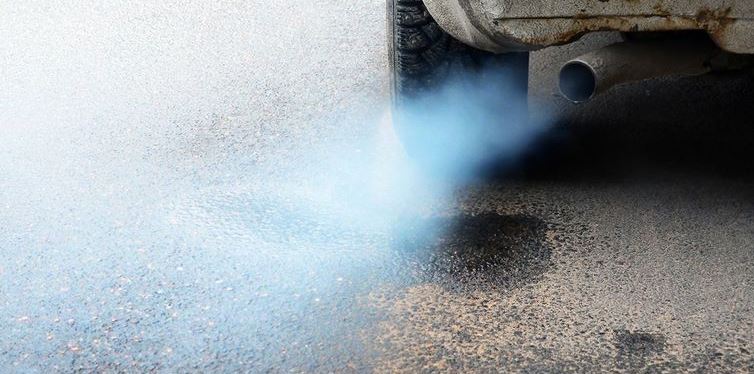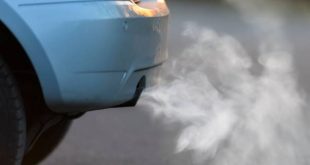There are different technicalities in the car world. And it can get really confusing when you start talking about tyres and wheels. One of the things that often gets confused is tyre noise vs wheel bearing noise. So let’s talk about what each one sounds like so you know how to diagnose which one you are dealing with.
Front wheel drive vehicles always have noise coming from the front wheels. If you have rear wheel drive, it’ll probably be coming from your rear wheels. If you have all-wheel drive, it could come from any of the wheels depending on which one has the problem.
Tyre noise is usually caused by wear and tear on the tread of your tyres.
The most common cause of tyre noise is wear and tear on the tread of your tyres. This can be caused by poor alignment, bad tyres, or even bad wheel bearings. A loud humming or grinding sound when braking or accelerating, is likely a problem with your wheel bearings.
When you hear a hissing sound from behind your vehicle while driving at highway speeds and decelerating abruptly (such as when coming to a stop sign), this may indicate worn out brake pads in need of replacement.
Rattling noise that gets louder when turning corners or going over bumps is most likely one or more suspension components needing attention. So take it in as soon as possible before some other component like steering damper breaks down completely!
A bad wheel bearing may produce a steady grinding or whining sound, while tyre noise can be intermittent.
Tyre noise is usually intermittent while wheel bearings tend to be constant. Tyre noise may be more noticeable at certain speeds (such as when turning), when braking or accelerating. Also, tyre noise will often change if you move your steering wheel back and forth in the vehicle without moving it forward or backward—but this won’t affect the sound of bad wheel bearings because they’re usually caused by metal-to-metal contact with your axle shafts or other metal parts inside your suspension system.
Lift the car up and spin the wheel while listening for any grinding noises
To hear the noise for yourself, get the car up in the air and spin the wheel while listening for any grinding noises that indicate wheel bearing failure. If you don’t have access to a lift, try rolling a large piece of cardboard underneath your car and then rotate it slowly as you listen for grinding noises.
In a situation where you are still not sure whether it’s a worn tyre or bad wheel bearing causing your noise, try turning the wheel slightly to either side when you’re driving. If the noise level changes, you’ve probably got a problem with your tyres, but if it stays the same, it could be a bad wheel bearing.
The best thing to do is schedule an appointment with your mechanic as soon as possible. While we can help you diagnose some problems like this over the phone, live chat or through email, if you want to make sure everything is working properly and get the most out of your vehicle, visiting an auto repair shop in person is usually best. Schedule a repair inspection appoint at one of our workshops.
 Spot Dem Everything About Cars
Spot Dem Everything About Cars




